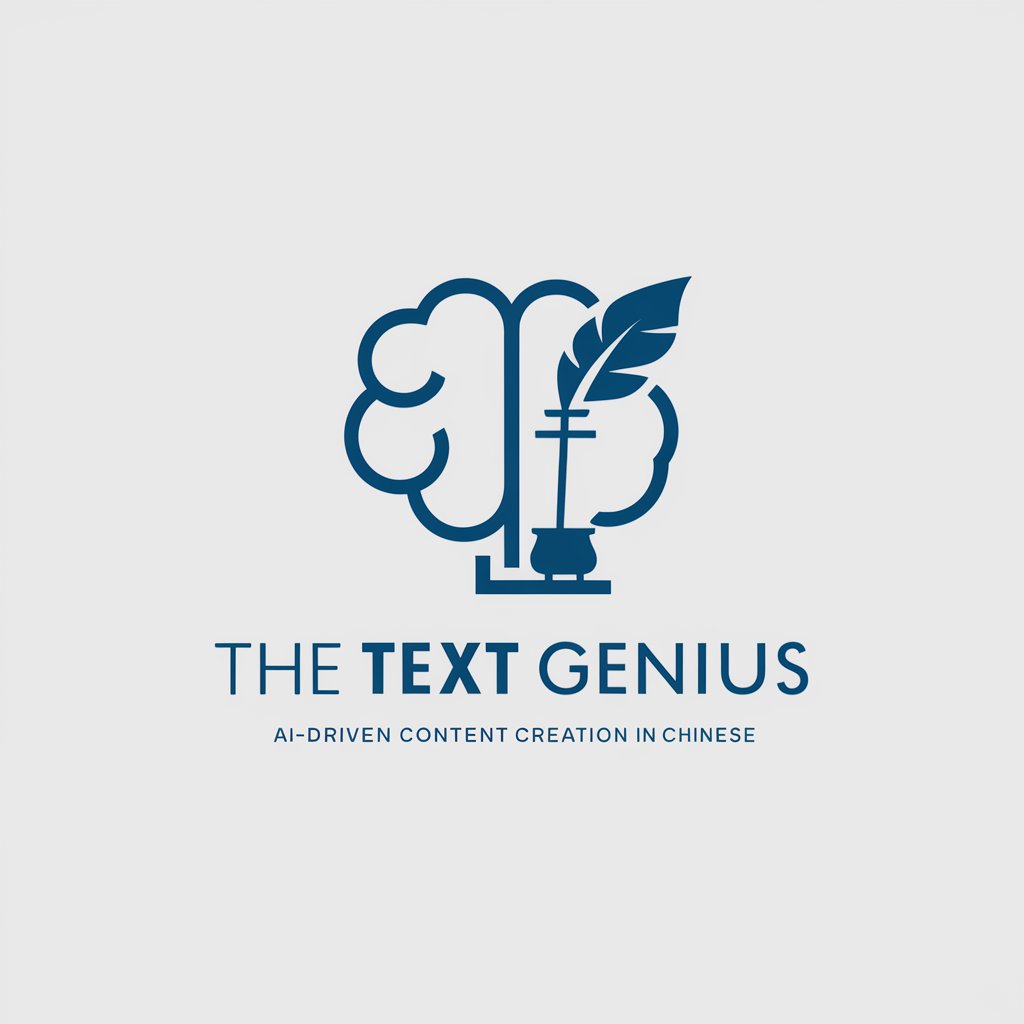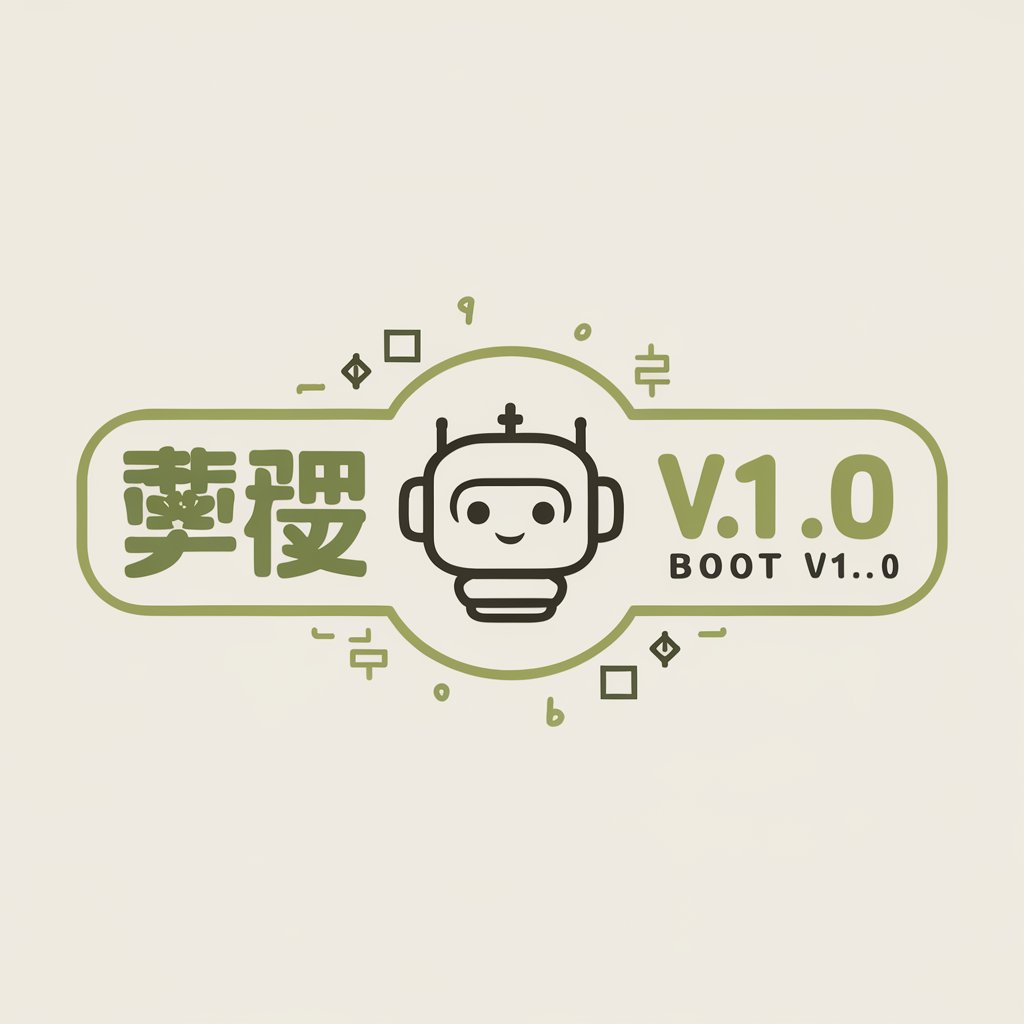5 GPTs for Bilingual Content Powered by AI for Free of 2026
AI GPTs for Bilingual Content are advanced generative pre-trained transformers designed specifically to handle tasks and topics related to bilingual or multilingual content creation, translation, and management. These tools leverage the power of AI to understand, generate, and process content in more than one language, making them invaluable for global communication. Their adaptability allows for a wide range of applications, from simple translations to complex content creation, catering to the needs of diverse linguistic tasks.
Top 5 GPTs for Bilingual Content are: 女性心灵世界,German Detail Descriptor,文本天才,种草BOT v1.0,Nepali and English Mix song Generator
女性心灵世界
Empowering Women with AI-Powered Insights

German Detail Descriptor
AI-powered, bilingual product insights

文本天才
Empowering Creation with AI

种草BOT v1.0
Empowering Xiaohongshu with AI-driven storytelling

Nepali and English Mix song Generator
Crafting Unique Bilingual Melodies

Key Attributes and Functions
AI GPTs tools for Bilingual Content stand out for their versatility and comprehensive language capabilities. They can seamlessly switch between languages, understand context in dual-language environments, and maintain the nuance of cultural expressions. Features include real-time translation, content generation in multiple languages, language learning aids, technical documentation support, sophisticated web searching, image creation with linguistic descriptions, and data analysis with bilingual insights. These capabilities ensure high accuracy and relevance in cross-cultural communications and content development.
Who Benefits from Bilingual GPTs?
AI GPTs for Bilingual Content are designed for a broad audience, including language learners, content creators, developers, and professionals working in multilingual environments. These tools are user-friendly for individuals without coding expertise, offering intuitive interfaces and simple operation. Simultaneously, they provide advanced customization and programming capabilities for developers and technologists seeking to integrate AI into specialized bilingual workflows or applications.
Try Our other AI GPTs tools for Free
Emergency Gifting
Discover how AI GPTs for Emergency Gifting can transform your last-minute gift-giving into a thoughtful, personalized experience with instant, tailored solutions.
Visual Language
Explore the convergence of AI and visual language with GPTs tools, designed to interpret and generate content that seamlessly blends images and text for innovative communication and content creation.
Pool Parties
Discover how AI GPTs for Pool Parties can transform your event planning with tailored solutions for every aspect of your pool party, from guest management to entertainment.
Summer Activities
Unlock the potential of your summer with AI GPTs for Summer Activities. Explore personalized planning, recommendations, and learning opportunities to make your summer unforgettable.
Outdoor Games
Discover how AI GPTs are revolutionizing Outdoor Games with creative solutions for game design, strategy, and engagement. Perfect for enthusiasts and professionals alike.
Teachings Exploration
Discover how AI GPTs for Teachings Exploration are transforming learning and research with personalized, interactive, and dynamic educational experiences.
Expanding Horizons with AI for Multilingual Communication
AI GPTs for Bilingual Content are not just tools for translation; they are comprehensive solutions that can adapt to various sectors including education, customer service, and global business. Their user-friendly interfaces and the ability to integrate with existing systems make them versatile options for enhancing communication and content strategies across languages.
Frequently Asked Questions
What exactly are AI GPTs for Bilingual Content?
AI GPTs for Bilingual Content are sophisticated AI models trained to understand, generate, and process text in multiple languages, facilitating a wide range of bilingual or multilingual tasks.
How do these tools manage translation accuracy?
These tools use advanced machine learning techniques and large datasets to understand context, idiomatic expressions, and cultural nuances, ensuring high translation accuracy across languages.
Can these GPTs create content in any language?
While they support many languages, their effectiveness can vary based on the language pair and the specific task, with continuous updates expanding their linguistic capabilities.
Are these tools suitable for professional translation services?
Yes, they are increasingly used in professional settings for initial translations, content creation, and as aids in the translation process, though human review is recommended for nuanced or critical texts.
How customizable are these AI GPTs for developers?
Developers can access APIs and programming interfaces to customize functions, integrate with existing systems, and create new applications tailored to specific bilingual content needs.
What makes these tools different from traditional translation software?
Unlike traditional software that focuses on direct translation, AI GPTs for Bilingual Content understand context, cultural nuances, and can generate original content, not just translate existing text.
Can non-technical users easily use these tools?
Yes, these tools are designed with user-friendly interfaces that allow non-technical users to easily generate, translate, and manage bilingual content without needing programming skills.
What are the limitations of AI GPTs in handling bilingual content?
Limitations include challenges with highly idiomatic language, rare dialects, or languages with limited training data. Accuracy can also vary by language pair and specific content type.